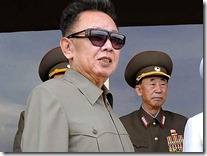 After seventeen years of brutal rule Kim Jong-Il is finally gone.
After seventeen years of brutal rule Kim Jong-Il is finally gone. The surreal outpouring of mourning, mirroring that following the death of his father back in 1994, was predictable in light of the incessant propaganda around the man known as “Dear Leader” and the relentless coercion to show respect to him. Yet the legacy of his reign is one of horror for North Korea’s twenty-three million people: from famine caused by economic mismanagement, to a network of concentration camps, where human experimentation and gas chambers cast grim echoes of the worst abuses in human history.
The question is, what comes now? The answer, in all likelihood, will be shaped by three key factors…
Is Kim Jong-un a reformer?
For some time it has been clear that Kim Jong-Il’s third son Kim Jong-un was being
 groomed for leadership, yet very little is known about him.
groomed for leadership, yet very little is known about him. Swiss educated, young and facing huge pressures at home (over food shortages) and from abroad (over nuclear weapons), he may be the man to make changes in North Korea and start breaking down the totalitarian system created by his grandfather.
Such hopes are not entirely unrealistic- after all, who could have imagined that Thein Sein, a long-standing figure in neighbouring Burma’s abhorrent military regime, would lead the country in the dramatic (if very much incomplete) reforms witnessed this year.
Yet, having been picked over his older siblings, and undoubtedly subjected to years of conditioning, the chance of Kim Jong-un carrying on down the same path as his late father is equally likely, if not more so. Certainly he has not shown any reformist tendencies of yet, but then again, having had little outing on the public stage, neither has he had the chance to.
How deep do the cracks run?
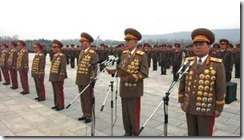 Of course, there is a significant question mark over how much power the new Kim will even have. Transition periods are never easy for any regime and the fact that North Korea has already undergone one family succession process, by no means guarantees a second.
Of course, there is a significant question mark over how much power the new Kim will even have. Transition periods are never easy for any regime and the fact that North Korea has already undergone one family succession process, by no means guarantees a second.And, despite the in-built reluctance for anyone to move against the express will of the late leader, some analysts suggest that Kim Jong-un will wield much less control than his father, making him far more answerable to a shadowy network of military generals and Workers Party officials. His distinct lack of political experience may even leave him acting as little more than a figurehead, with the serious decisions being made elsewhere.
This creates a new level of uncertainty, as whilst the outside world knows very little of Kim Jong-un, we know even less about those sitting behind him. If his control is limited, the will of maverick generals, potential dissidents, power-hungry officials and rapid ideologues may all come into play.
What will China do?
But the real power may not actually be in North Korea itself.

For China’s bizarre relationship with its neighbour is far more complex that the apparent ideological bond underpinning the official statement of condolence; in which the Chinese government called on the North Korean people to “unite around the Korean Workers’ Party, and under the leadership of Comrade Kim Jong Un, turn grief into strength and march forward for building a socialist strong country”.
The powers-that-be in Beijing, in fact have far more pressing concerns than such ideological rhetoric: simultaneously seeking to secure regional influence, whilst fearing a North Korean state-collapse and refugee surge; terrified that Pyongyang may ignite a regional war, whilst enjoying the international power and status that comes with being able to (supposedly) hold a nuclear pariah at bay.
And ultimately, with its geographical proximity, economic ties and political relationship, China remains the one state truly capable of exercising some degree of influence over the new North Korean regime – whichever form its takes; whilst ruthlessly pursuing its own agenda – whatever that transpires to be.
Whilst the future of North Korea will almost certainly be different therefore, it remains unclear exactly what it will look like. The new leader, the old officials and the Chinese government will all have a huge role to play…with the continued suffering, or the eventual freedom, of millions, as the result.




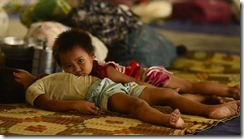

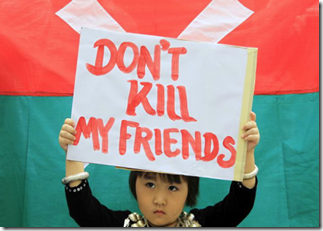
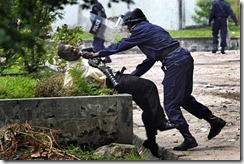
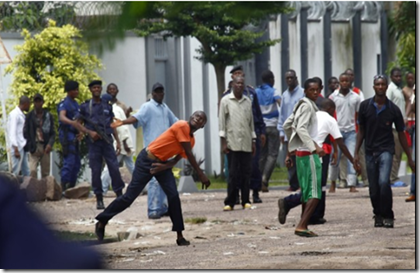








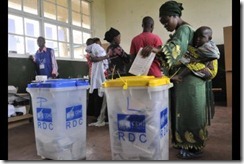
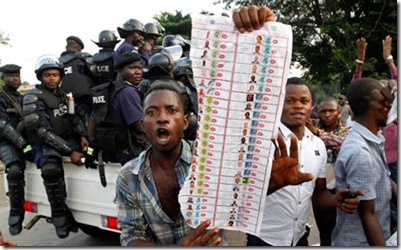
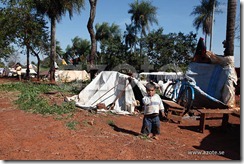

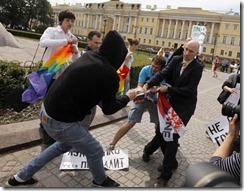
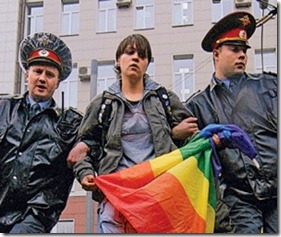
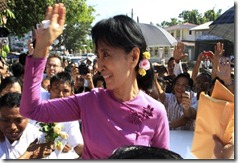
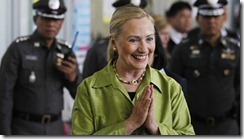

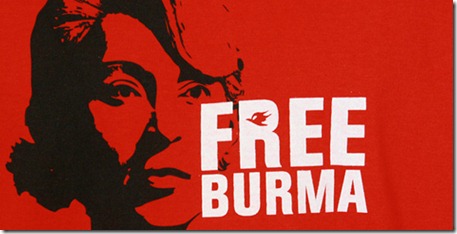
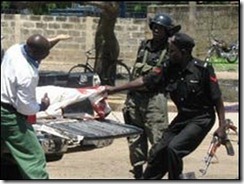



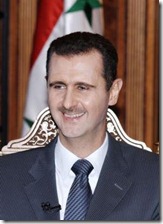
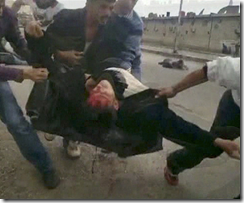

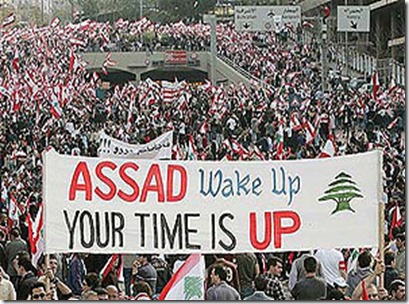

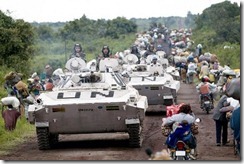 force
force